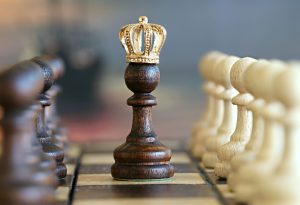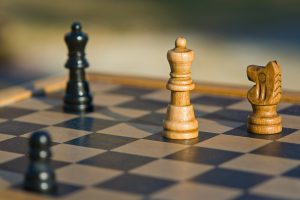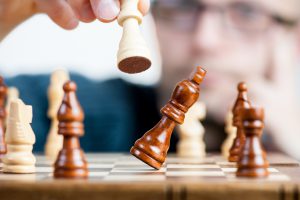BENEFITS OF PLAYING CHESS
 There are a lot of benefits of playing chess.Chess teaches children to think analytically, logically and on more than one level.
There are a lot of benefits of playing chess.Chess teaches children to think analytically, logically and on more than one level.
The educational benefits of chess are many and varied.
Chess helps promote intellectual growth and has been shown to improve academic performance.
Chess is a powerful tool for developing thinking and memory in children
It also helps them build up their decision-making tools. It educates them to be responsible for their decisions and the consequences of those decisions.
Educational Benefits of Chess

- Focusing – Children are taught the ben efits of observing carefully and concentrating. If they don’t watch what is happening, they can’t respond to it, no matter how smart they are.

- Visualizing – Children are prompted to imagine a sequence of actions before it happens. We actually strengthen t he ability to visualize by training them to shift the pieces in their mind, first one, then several moves ahead.

- Thinking Ahead – Children are taught to think first, then act. They learn to ask themselves “If I do this, what might happen then, and how can I respond?” Over time, chess helps develop patience and thoughtfulness.

- Weighing Options – Children are taught that they don’t have to do the first thing that pops into their mind. They learn to identify alternatives and consider the pros and cons of var ious actions.

- Analysing Concretely – Children learn to evaluate the results of specific actions and sequences. Does this sequence help me or hurt me? Decisions are better when guided by logic, rather than impulse.

- Planning – Children are taught to develop longer range goals and take steps toward bringing them about. They are also taught of the need to reevaluate their plans as new developments change the situation.
- Juggling Multiple Considerations Simultaneously – Children are encouraged not to become overly absorbed in any one considerati on, but to try to weigh various factors all at once.
- Thinking Abstractly – Children are taugh t to step back periodically from details and consider the bigger picture. They also learn to take patterns used in one context and apply them to different, but related situations.

